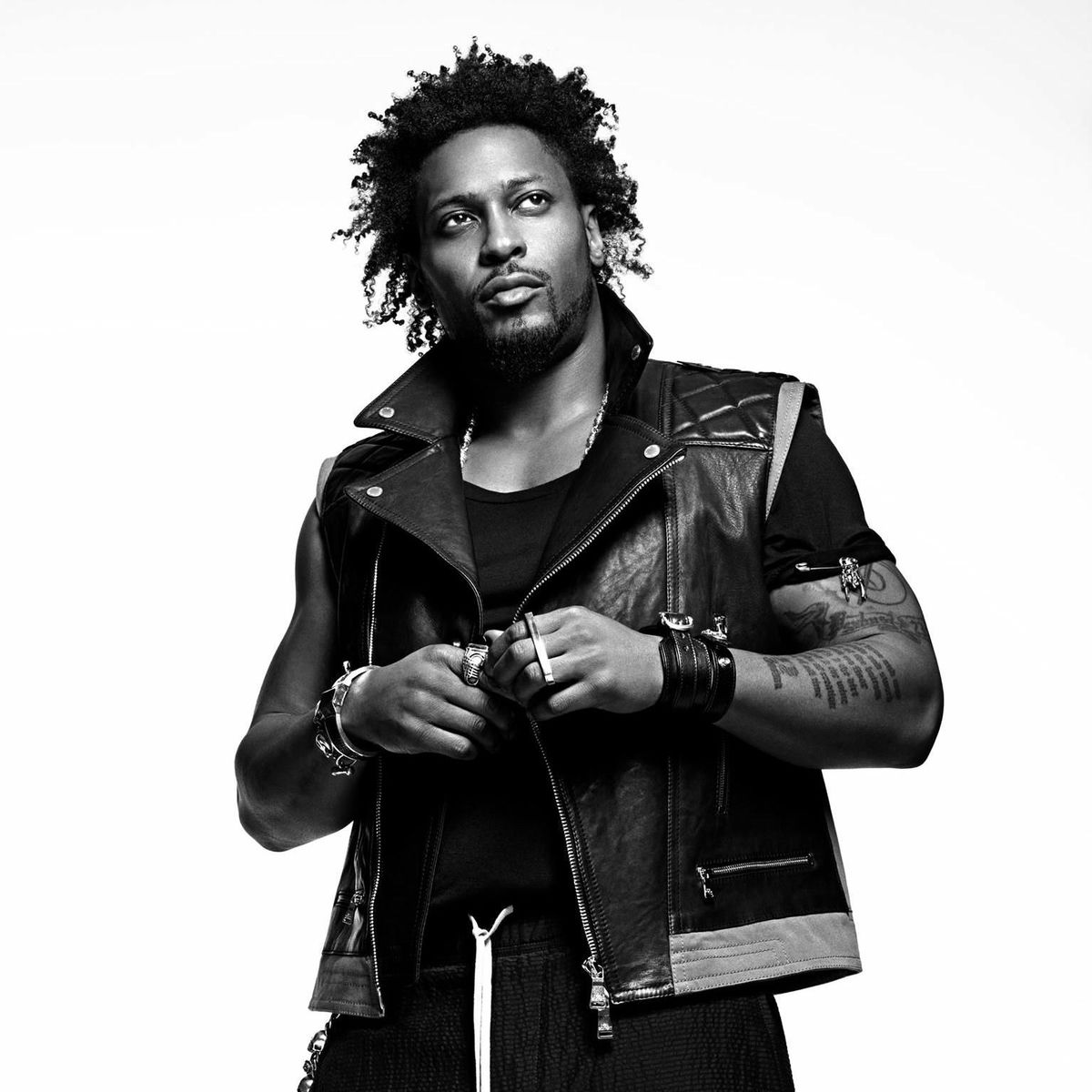Title: The Soul of a Generation: D’Angelo’s Untold Story Revealed After His Tragic Passing

In a shocking turn of events, the music world is mourning the untimely death of D’Angelo, the soulful voice that defined an era, who passed away at just 51 years old after a courageous yet private battle with cancer. The news has sent shockwaves through the industry and left fans grappling with the loss of a true musical icon.
D’Angelo, born Michael Eugene Archer, was more than just a singer; he was a cultural phenomenon who brought raw emotion and authenticity back to R&B. With hits like “Brown Sugar” and “Untitled (How Does It Feel),” he redefined the genre and inspired countless artists. Yet, behind the glitz and glamour of fame, D’Angelo struggled with the weight of expectation and the pressures of public scrutiny. His final years were marked by silence, a stark contrast to the vibrant music he once created.
As tributes flood social media from fans and fellow musicians alike, one question lingers: Why did D’Angelo choose to keep his battle with cancer so private? The answer lies in his deeply spiritual nature and desire to be remembered for his artistry rather than his illness. In his last days, he reportedly found solace in music, writing and recording fragments of songs that reflected his thoughts on faith, healing, and transcendence.

D’Angelo’s journey from a preacher’s son in Richmond, Virginia, to a global superstar was anything but conventional. His debut album, “Brown Sugar,” released in 1995, was hailed as a rebirth of soul music, while his follow-up, “Voodoo,” solidified his status as one of the greatest voices of his generation. However, with fame came an internal struggle, as D’Angelo grappled with the perception of being a product rather than a person.
Despite his immense talent, D’Angelo faced personal demons, including addiction and depression. The pressures of the industry took their toll, leading him to retreat from the spotlight for years. Fans were left wondering if they would ever hear from him again, but when he finally returned with “Black Messiah” in 2014, it was a powerful statement that resonated deeply with a generation crying out for change.

Even in his comeback, D’Angelo remained a man of mystery, avoiding the limelight and prioritizing his peace over publicity. Those close to him noted that he valued authenticity above all else, often reflecting on his early years and the impact of his music on others. Yet, as the years progressed, whispers of his declining health began to surface, and the world was left unaware of the true extent of his struggles.
In his final months, D’Angelo surrounded himself with family and the music that had shaped his life. He reportedly continued to write, capturing his reflections on life, loss, and the search for meaning. Those who visited him described moments of grace, where he spoke of love and gratitude, even as he faced his most daunting battle.

The announcement of his death has prompted an outpouring of grief and gratitude from fans and artists alike, with many recognizing D’Angelo as a beacon of authenticity in a world often overshadowed by superficiality. His legacy is not just found in his music, but in the profound lessons he imparted about vulnerability, faith, and the importance of staying true to oneself.
As the music community comes together to honor D’Angelo’s memory, one thing is clear: his voice will never fade away. It will continue to echo through the hearts of those he touched, reminding us that soul music is not merely a genre but a deep, emotional connection that transcends time. D’Angelo may have left this world, but his spirit lives on in every note, every lyric, and every soul he healed through his art.

Rest in peace, D’Angelo. Your legacy will forever be a testament to the power of music and the truth that lies within it.





